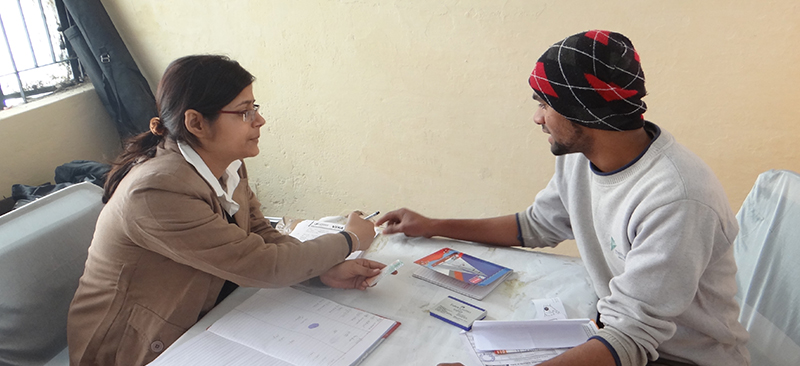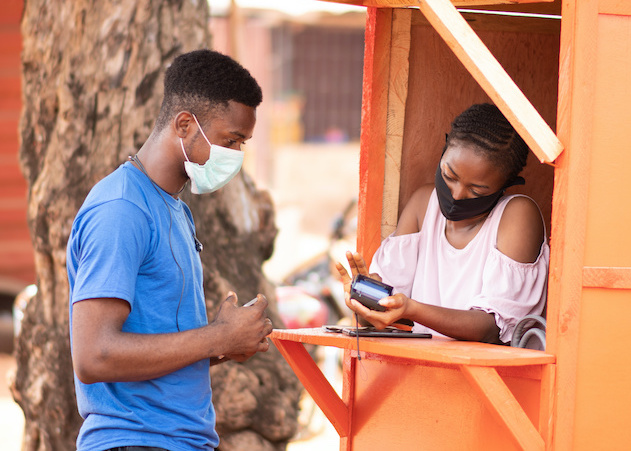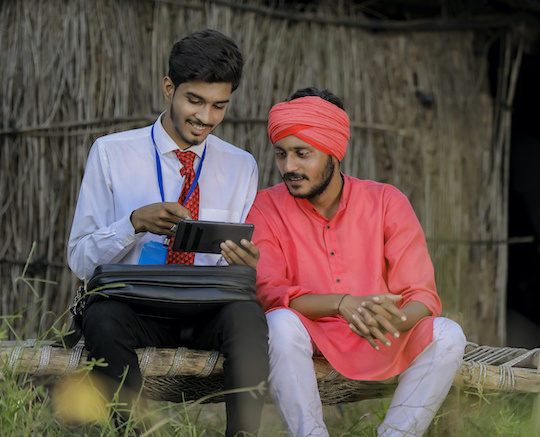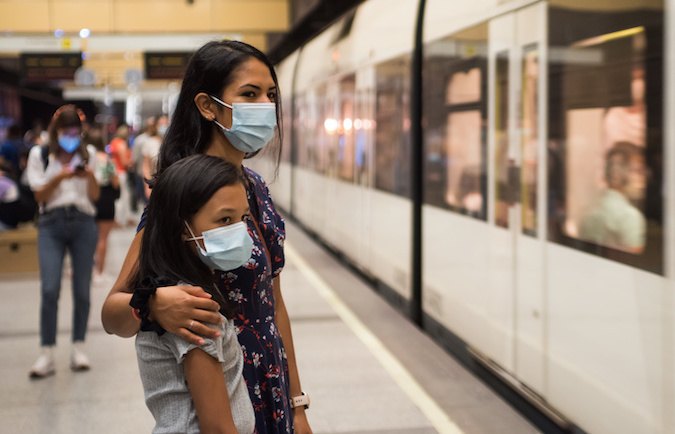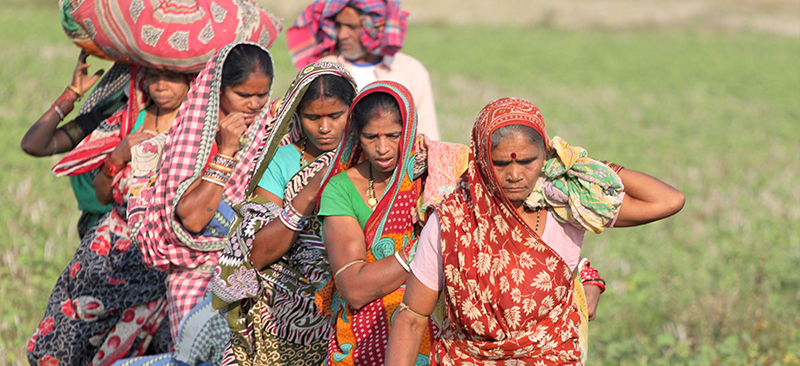

Nations worldwide have responded to COVID-19 through 1,100 social protection programs to help 1.8 billion-plus people. Yet recipients are largely in the dark about the programs and do not know how to access funds. This blog examines the importance of better communication around social protection programs, particularly for the vulnerable population.







 Michele Binci, Alexandra Doyle, Clare Gardner, Martina Garcia Aisa, Shafique Arif, Lucy Scott, Fred Merttens
Michele Binci, Alexandra Doyle, Clare Gardner, Martina Garcia Aisa, Shafique Arif, Lucy Scott, Fred Merttens 



